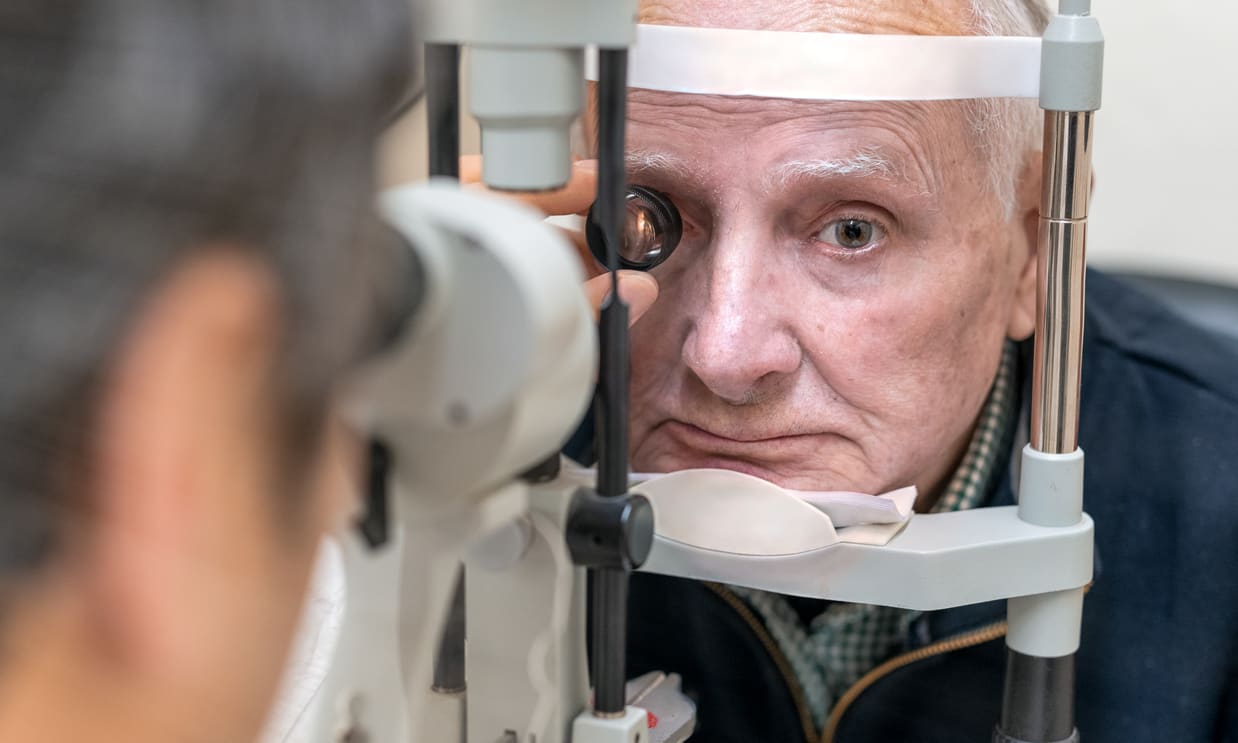Private Cataract Surgery Costs in the UK: A Comprehensive Guide
This article is for informational purposes only and should not be considered medical advice. Please consult a qualified healthcare professional for personalized guidance and treatment. Understanding the costs associated with private cataract surgery in the UK can help patients make informed decisions about their eye care. While the NHS provides cataract surgery free of charge, some individuals opt for private treatment to reduce waiting times or access specific lens options. This guide examines the various factors that influence private cataract surgery costs and provides current pricing information from UK providers.

What Factors Influence Private Cataract Surgery Costs?
Several key factors determine the final price tag of private cataract surgery in the UK. The surgeon’s experience and reputation significantly impact the cost, with highly specialized ophthalmologists typically charging premium rates. Geographic location also plays a crucial role—London and the Southeast generally command higher prices than other regions. The type of hospital or clinic chosen affects pricing as well, with prestigious private hospitals charging more than smaller clinics.
The complexity of your specific case constitutes another important factor. Patients with complicated cataracts or pre-existing eye conditions may require additional procedures or specialized techniques, increasing the overall cost. Finally, the type of lens implant selected represents one of the most significant cost variables, with advanced options commanding substantially higher prices compared to standard lenses.
How Much Does Basic Private Cataract Surgery Cost?
Standard private cataract surgery with monofocal lens implants typically ranges from £2,000 to £3,500 per eye in the UK. This basic package generally includes the pre-operative assessment, the surgical procedure itself, the monofocal lens implant, and one or two follow-up appointments. Monofocal lenses correct vision at a single focal point—usually distance vision—meaning patients typically still need reading glasses after surgery.
Most private providers offer slightly discounted rates when patients opt to have both eyes treated, though they’re usually operated on separately with a short interval between procedures. For standard procedures with monofocal lenses, prices tend to be relatively consistent across providers, though London-based clinics typically charge 10-20% more than those in other regions.
What Are the Premium Lens Options and Their Costs?
Premium intraocular lens options significantly increase the total cost but offer additional benefits beyond standard monofocal lenses. Multifocal lenses, which correct vision at multiple distances and potentially eliminate the need for glasses altogether, typically add £500-£1,200 per eye to the basic surgery cost. Toric lenses, which correct astigmatism alongside cataracts, generally add £450-£900 per eye.
The most advanced options include accommodating lenses that mimic the eye’s natural focusing ability and extended depth-of-focus (EDOF) lenses that provide a continuous range of vision. These premium options can increase the total surgery cost to £3,500-£5,000 per eye. While these advanced lenses offer significant quality-of-life improvements for many patients, they aren’t suitable for everyone, making careful consultation with specialists essential.
What Additional Costs Should Patients Consider?
Beyond the headline surgery price, patients should budget for several potential additional costs. Initial consultation fees typically range from £150-£300, though some clinics waive this fee if you proceed with surgery. Post-operative medications, including antibiotic and anti-inflammatory eye drops, may cost £30-£80 if not included in the package.
Additional follow-up appointments beyond those included in the standard package typically cost £100-£200 each. If complications arise, further treatment might be necessary at extra cost, though many providers include revision surgery within their guarantee period. Finally, patients should factor in travel expenses for multiple appointments and potentially time off work during recovery, which typically takes 2-4 weeks for full visual stabilization.
| Provider | Basic Surgery (per eye) | Premium Lens Options | Post-op Care Package |
|---|---|---|---|
| Optegra Eye Hospitals | £2,495 | +£500-£1,000 for multifocal | 1 year included |
| Moorfields Private | £3,350 | +£900 for toric, +£1,200 for multifocal | 3 follow-ups included |
| Optical Express | £2,995 | +£500 for toric, +£800 for multifocal | 1 year included |
| SpaMedica | £2,495 | +£450 for toric, +£950 for multifocal | 3 follow-ups included |
| Nuffield Health | £3,250 | +£800 for toric, +£1,100 for multifocal | 6 weeks included |
Prices, rates, or cost estimates mentioned in this article are based on the latest available information but may change over time. Independent research is advised before making financial decisions.
What Payment Options Are Available for Private Cataract Surgery?
Most private clinics and hospitals offer various payment options to help patients manage the significant cost of cataract surgery. Many provide interest-free credit plans allowing patients to spread the cost over 10-24 months, subject to credit approval. Some facilities offer package discounts of 5-10% for patients paying the full amount upfront.
Private medical insurance may cover cataract surgery, though coverage varies significantly between providers and policies. Patients should verify their coverage details, including whether premium lens options are included and if there are any excess payments required. Some employers offer health cash plans that can be used toward the cost of eye surgery, and flexible payment schemes are increasingly common, with some clinics offering finance options through third-party providers for longer repayment periods at competitive interest rates.
Cataract surgery represents a significant investment in quality of life and long-term vision health. While the costs can be substantial, especially when opting for premium lenses, many patients find the immediate improvement in vision quality and reduced dependence on glasses worth the expense. By thoroughly researching options and understanding all potential costs, patients can make informed decisions that balance financial considerations with their vision needs.
This article is for informational purposes only and should not be considered medical advice. Please consult a qualified healthcare professional for personalized guidance and treatment.




